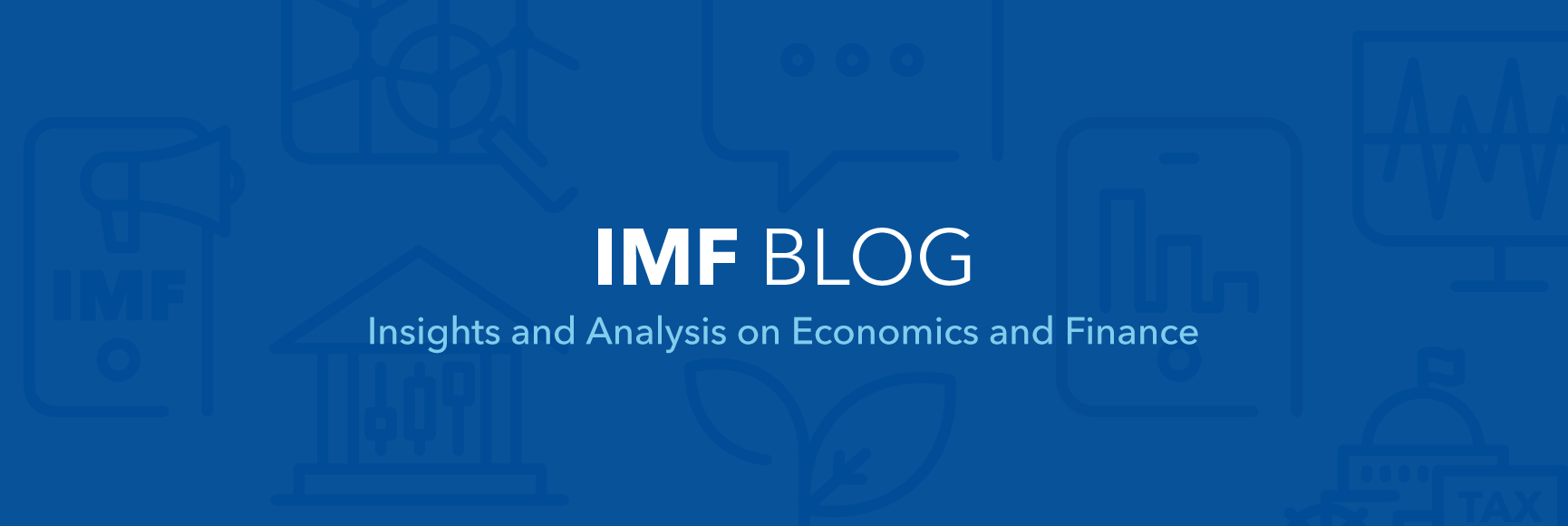Several years out from the global financial crisis, the world economy is still confronting its painful legacies. Many countries are suffering from lackluster recoveries coupled with high and persistent unemployment. Policymakers are tackling the costs stemming from the crisis, managing the transition from crisis-era policies, and trying to adapt to the associated cross-border spillovers.
Against this background, the IMF’s 14th Jacques Polak Annual Research Conference, entitled “Crises: Yesterday and Today,” to take place on November 7-8, will take stock of our understanding of past and present crises.
This year’s conference will be a special one as we shall honor Stanley Fischer’s many contributions to economic research and policy. Stan has extensively studied economic and financial crises, first as a faculty member at the Massachusetts Institute of Technology, and then as a policymaker with many hats over the years―the Chief Economist of the World Bank, the First Deputy Managing Director of the IMF, and the Governor of the Bank of Israel.
Stan is not just a crisis expert, but also an old friend to many of us. The conference will bring together an outstanding array of economists and policymakers, many of whom studied, or worked in collaboration with him. His insights and influence are strongly felt throughout the conference program.
Can a Confidence Crisis Happen Here?
Paul Krugman, recipient of the 2008 Nobel Prize in Economics and a student of Stan, will deliver the keynote Mundell-Fleming lecture, titled “Currency Regimes, Capital Flows, and Crises.”
Paul plans to tackle the challenging issue of whether crises of confidence such as those that afflicted the Euro area periphery can similarly erupt in other countries, including the United States. Using a combination of theory and case study analysis, he reaches a thought-provoking conclusion: it is not possible to have such crises of confidence in countries that retain their own currencies, borrow in those currencies, and let their exchange rates float.
Many Faces of Crises: Differences, Similarities, and Policies
Thirteen other papers at the conference will run the gamut of the lessons that we can draw from past crises, and issues to consider arising from the unique policies implemented since 2008. A flavor of the questions we will be discussing include:
- How can Japan’s experience during its “lost decade” inform us about the prospects and appropriate policies for Europe and the United States today?
- Why were Latin America and East Asia more resilient to the most recent crisis than to past episodes of global turbulence?
- What can we say about the empirical effects of policies, such as depreciations, changes in interest rates, reserve sales, and capital controls during crises?
- How has fiscal policy behaved differently between the latest crisis and past episodes? And what are the implications of these differences for economic growth?
- Does it matter who sets goals of central banks for inflation outcomes?
- If large demand shocks have persistent effects on aggregate supply, how should monetary policy respond to them?
- What are the costs and benefits of having a higher inflation target or a nominal income target?
- What are the implications of different exchange rate arrangements for macroeconomic and financial stability?
Deriving Policy Lessons While Honoring Fischer
In addition to the Mundell-Fleming lecture, the conference will feature four other special events.
David Lipton, First Deputy Managing Director of the IMF, will deliver the opening speech of the conference.
The first day of the conference will also feature a luncheon speech by Mohamed El-Erian who will speculate on what Stan Fischer, his one-time boss at the IMF some 20 years ago, would place on the institutional research agenda today. As one would expect from Mohamed, he will also link his discussion to the prospects for the global economy and markets.
On the second day, Ratna Sahay and Karnit Flug, who worked closely with Stan at different institutions, will provide luncheon remarks to honor his contributions to policymaking at the IMF and the Bank of Israel.
Finally, we will conclude the conference with an Economic Forum on “Policy Responses to Crises.” I shall chair a panel that will include Stan Fischer himself as well as Ben Bernanke, Ken Rogoff, and Larry Summers. They will talk about the main policy lessons we have learned from past crises, and will discuss whether we are ready to handle the next potential crisis.
The IMF’s Annual Research Conference convenes top academics and policymakers to help stimulate an informed debate and help develop new approaches to economic policy. As usual, many of the conference papers will be featured in the IMF Economic Review , which has quickly become one of the leading peer-reviewed journals in open-economy macroeconomics.
And, as in the past, I hope that you will have time to read the papers posted online, and to join us via the webcasts of the Mundell-Fleming Lecture and the Economic Forum at www.imf.org, on Twitter (#ARCPolak) or by commenting here.
PS: You can read an excellent profile of Stan Fischer here. For a detailed interview with Stan, you can visit here.






